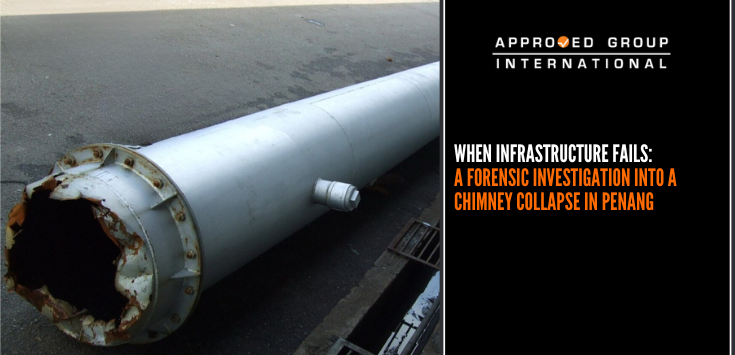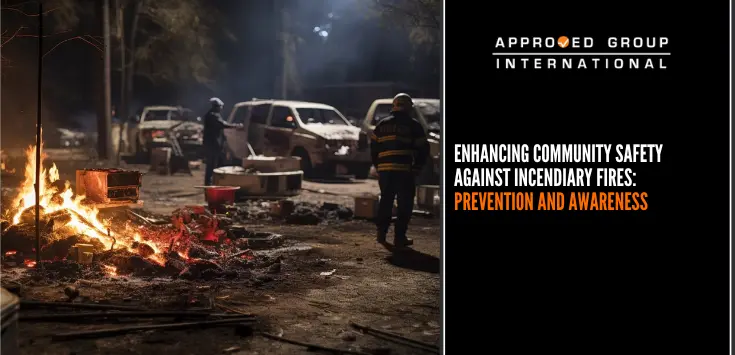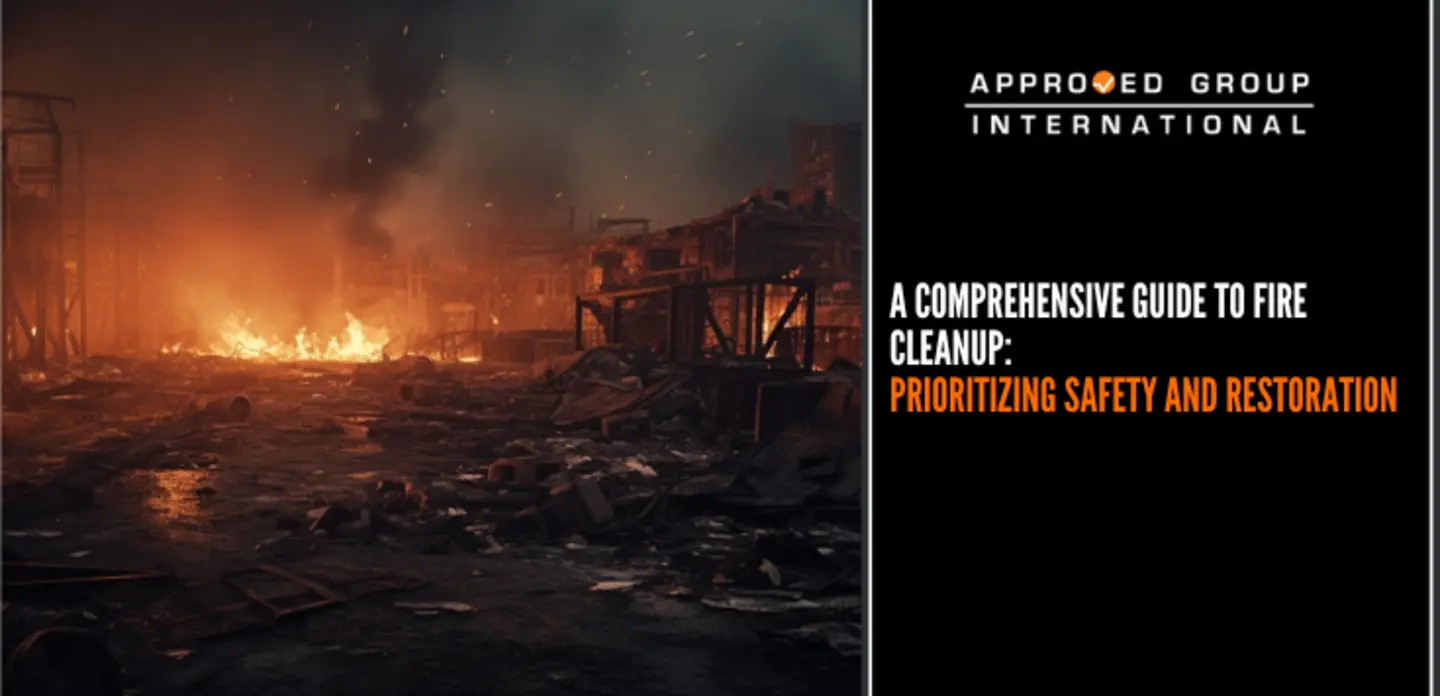Arson is a complex and often misunderstood crime, characterized not just by the physical act of setting fires but by the psychological motives that drive individuals to such extremes. Unlike other crimes, where financial gain or direct conflict can be clear motivators, arson often involves deeper, more convoluted psychological triggers. This article explores the varied psychological profiles of arsonists, the reasons behind their actions, and how understanding these can help in both preventing and solving cases of incendiary fires.

Understanding Motive
Arson is unique among crimes in that it can be motivated by a myriad of psychological factors. Some arsonists are driven by the need for attention, and others by deeper mental health issues. The common thread among many arsonists, however, is a background of emotional distress or a history of interpersonal difficulties.

Common Psychological Motives in Arson :
Thrill-seeking
Some arsonists are motivated by the thrill, excitement, or rush associated with setting and watching a fire.
Attention-seeking
Setting fires can also be a cry for help. Some arsonists use this dramatic method to draw attention to themselves and their struggles.
The Role of Psychological Evaluations
In arson cases, psychological evaluations are crucial for understanding the motives and state of mind of the suspect. These evaluations help in determining whether a mental health condition might have influenced the individual’s decision to commit arson. They are also critical in court, where they can influence the outcome of trials by providing context about the defendant’s mental health.

Tools and Techniques for Psychological Assessment:
Interviews and Interrogations
Direct discussions with suspects can give investigators insight into their thoughts and feelings about the crime.
Behavioural Analysis
Profilers look at the crime scene and the method of arson to draw conclusions about the psychological state of the arsonist.
Psychological Testing
Tests can help to identify underlying disorders, such as schizophrenia, bipolar disorder, or pyromania, that might contribute to criminal behaviour.

Case Studies and Profiles
Real-life cases of arson provide invaluable insights into the complex motives and circumstances that lead to such acts. For example, the case of John Leonard Orr, a former fire captain and arson investigator, who was found guilty of serial arson and murder. Most of the arson spree took place between 1984 and 1991. Orr’s case is particularly interesting as he was someone deeply knowledgeable about fire investigation techniques yet chose to use this knowledge to start fires, indicating a complex interplay of expertise and psychological dysfunction.
Another poignant example is Peter Dinsdale, aka Bruce George Peter Lee (born in 31 July 1960) – He is a prolific British serial arsonist who started the fire when he was only 12, leading to a cumulative of 26 counts of manslaughter and 11 counts of arson. This case illustrates how unaddressed emotional distress from childhood and individual can manifest in destructive behaviour.
Preventing Arson Through Understanding
Preventing arson requires a multifaceted approach that includes both legal and psychological interventions. Education about the signs of emotional distress and the potential for arson in individuals can be crucial in early intervention and prevention.

Community and Educational Programs:
Public Awareness Campaigns
Teaching people about the signs of arson and how to report suspicious activities can help prevent potential incidents.
School and home-based Interventions
Programs that teach children and teenagers about the consequences of arson and provide emotional support can reduce juvenile arson.
Mental Health Resources:
Accessible mental health care and counselling can address the underlying issues that might lead someone to commit arson.
Conclusion
Understanding the psychological motives behind arson is key to both preventing and solving these crimes. By examining the reasons why individuals resort to arson—from psychological disorders to emotional grievances—communities and law enforcement can better prepare to address and mitigate these dangerous behaviours. Through a combination of psychological insight, community engagement, and robust legal frameworks, it is possible to reduce the incidence of incendiary fires and protect both property and lives from the devastation they cause.





















